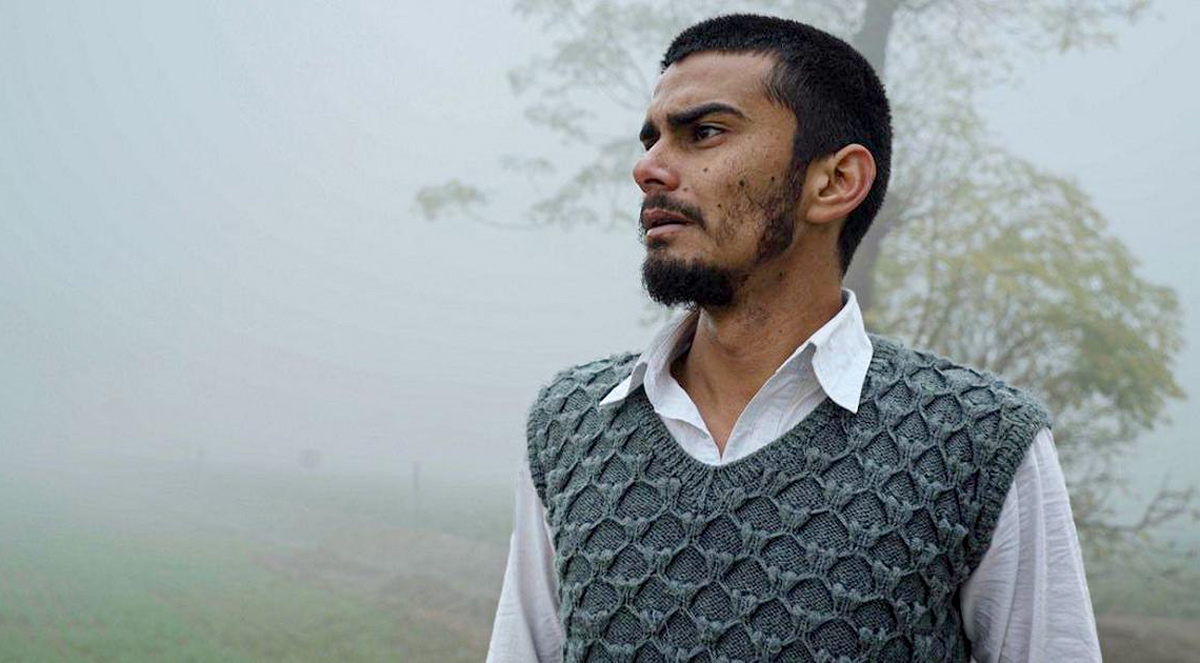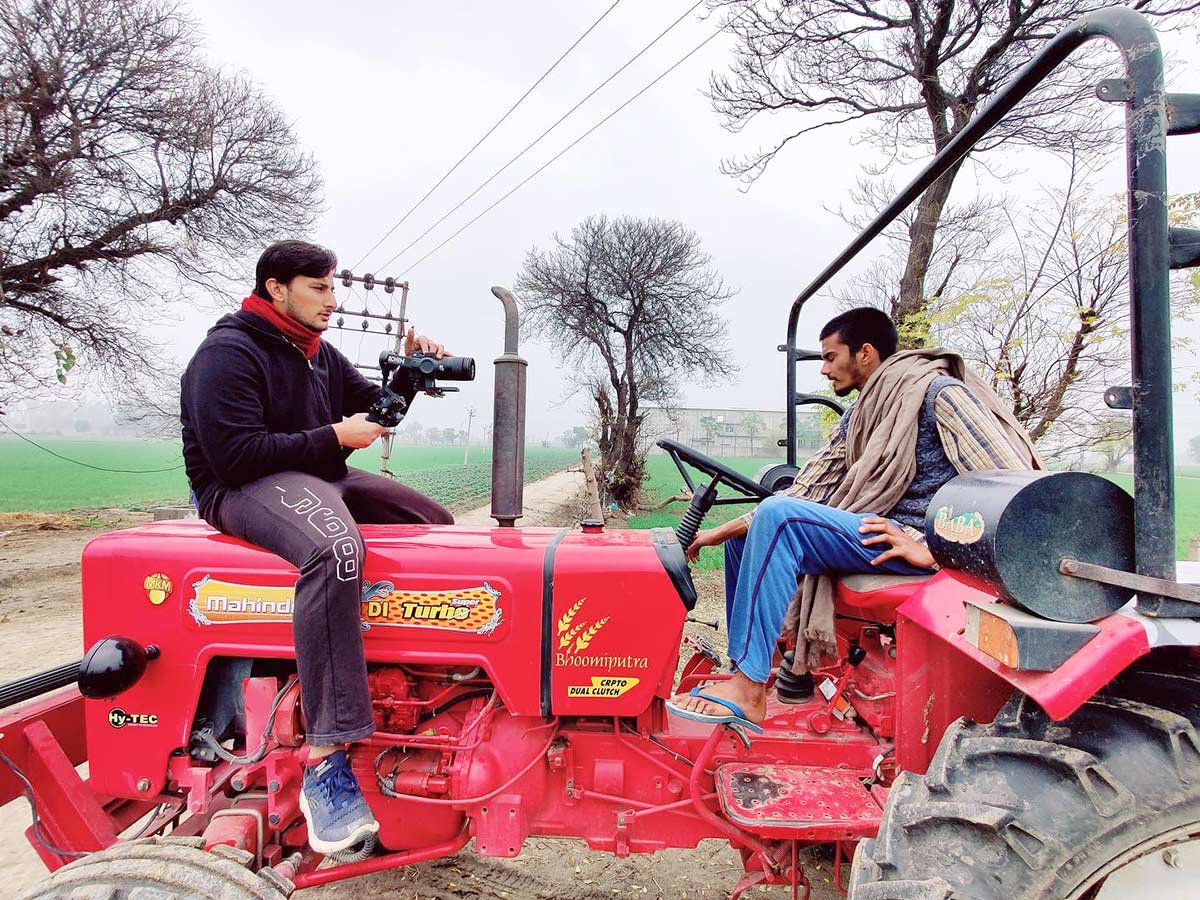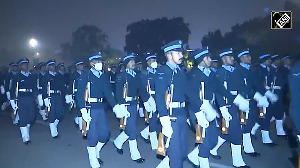'That's how big this taboo is.'
'It would be difficult for them to understand what I am trying to show with Jaggi.'

In Director Anmol Sidhu's sombre drama Jaggi, a school boy in rural Punjab is misconstrued as homosexual by his peers after discovering his erectile disorder.
When Jaggi's (Ramnish Chaudhary playing the character with haunting realism) 'secret' is out, he becomes a subject of ridicule and a horrific cycle of sexual and mental harassment erupts. After all, it is the land where toxic masculinity is a matter of pride and weaker men fall prey to sexual innuendo.
We see the complete annihilation of Jaggi's dignity until it meets the threshold. He drops out of school and takes to farming, but the ghosts from his past resurge as the sexual abuse and trauma continue to haunt him.
The film, which opens with a disclaimer of it being based on true events, touches upon various taboos that plague society.
Sidhu, who has crafted this unflinching film, takes inspiration from various incidents around him and the stories he heard during his growing up years in a Punjab village.
"This is something people are well aware of, but they don't talk about in the villages from where I come from. I had heard about incidents where young boys are often sexually exploited by their senior peers out of sheer frustration," says Sidhu.
"When I came to my village after 10 years I could recall all the shocking stories from my childhood and I started penning them down. Through the central character Jaggi I have tried to cover countless stories of trauma," Sidhu adds.

A theatre artiste and film-maker, Sidhu, who is also known for his short film The Last Tree, had originally imagined his idea as a short story but it eventually turned into his feature debut. His vision was supported by his theatre friends from the Alankar Theatre Group, which includes Ramnish, who plays the film's titular lead.
"Anmol approached me with a script seven months prior to the shoot. He told me there would be nudity in the film. I was ok with that. But to experience the trauma and to go through the intense process was very disturbing for me. For the most part, I stayed away from the other cast members and I was very much in my own zone," recals Ramnish.
With a shoestring budget in hand, the crew assembled in Sidhu's village where they shot the entire film. The challenge was to find right monetary help and professional equipment. That's when the idea of crowd-funding struck Sidhu who was helped by friends and relatives with money.
"It was more of a relationship funding as all my friends and relatives helped me with money to make this film," says Sidhu. "We rented a camera, but I didn't know how to handle it, so I roped in a wedding photographer from my village. He taught us how to use the cameras, and even shot some 25 per cent of the film."
Sidhu later roped in Cinematographer Pardeep Taina, who completed the rest of the film and also helped with the finances as producer.

Jaggi was premiered at the Indian Film Festival of Los Angeles in 2022 where it won two awards -- the Uma da Cunha Award for Best Feature and the Audience Choice Award for Best Feature.
Despite doing the rounds at various festivals in India and internationally, Sidhu is yet to screen his debut feature for his family due to their conservative background.
"I am not able to openly talk to my parents about my film, that's how big this taboo is in the rural region. Their definition of film is set and it would be difficult for them to understand what I am trying to show with Jaggi," says Sidhu,
What does he think should be the film's ultimate takeaway for viewers? "I have seen people who were alienated because of the abuse," Sidhu says. "I hope the film will reach out to the people it concerns . It is difficult to stop this atrocity, but we should learn not to judge the victims and be empathetic towards them."












 © 2025 Rediff.com -
© 2025 Rediff.com -